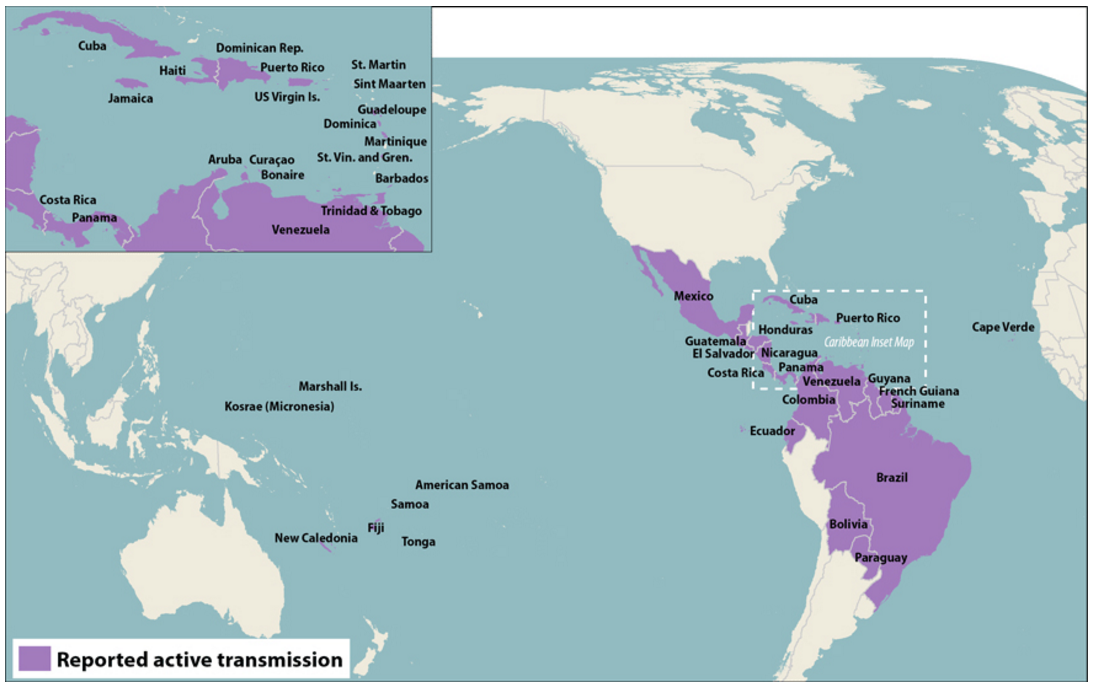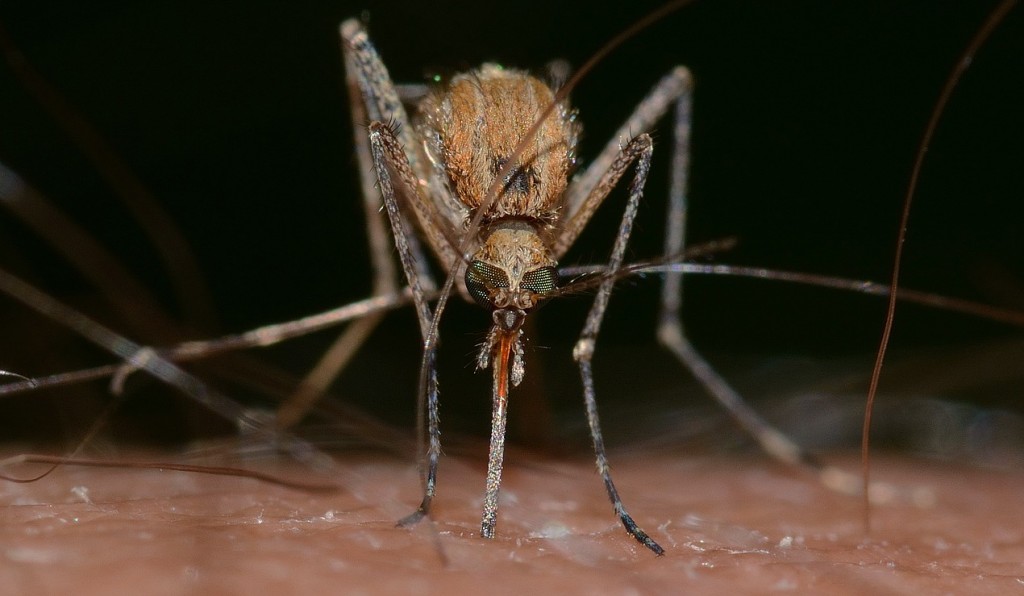(advertisement)
Which Countries Have Zika Virus?
The Zika virus is causing global panic since spreading to the Americas, due to its association with a birth defect known as microcephaly.
Today, BBC news reported that Zika virus ‘scarier than thought’. The problem is spreading and nobody is really sure why, or how to stop it. With a warm and humid summer expected, tourists need to be vigilent.
Central and South America and the Caribbean are popular holiday destinations, boasting both stunning landscapes and unique and diverse cultures. However, in 2015 the Zika virus came under the spotlight and caused global panic due to its association with a birth defect in newborn babies, known as microcephaly.
In this article we will discuss the Zika virus and which countries you should consider avoiding when planning a trip abroad, particularly if you are pregnant.
(advertisement)
Where Did The Zika Virus Come From?
The Zika virus was originally discovered in the Zika forest of Uganda in 1947 and is transmitted by mosquitoes, though rare cases of sexual transmission have also been reported. In the decades since its discovery, the Zika virus has not caused any great problems for the population of Africa, however since its arrival in South and Central America and the Caribbean it has gained a lot of attention because its arrival coincided with a huge surge in the number of cases of microcephaly.
It is not known exactly how the virus has travelled across the globe, but it is suspected that it first came to South America when an infected person visited Brazil.
What Are The Symptoms?
In most cases, an infection with Zika virus does not cause any symptoms or causes mild flu-like symptoms that resolve within a week.
However, it is now thought that pregnant women who become infected with the virus, especially in the first trimester, have an increased risk of having a child with microcephaly. Microcephaly is a defect that causes a small head, along with a number of other symptoms including intellectual disability and deafness.
More recently it has also been suggested that the virus can cause a temporary form of paralysis in healthy adults who become infected.
Which Countries Should You Avoid?
The Zika virus is now present in more than 30 countries and millions of people have been infected. The first country to be affected by the virus was Brazil, but it has now spread to all the countries of Central and South America, except Argentina and Chile. In addition many of the countries in the Caribbean are also affected.
(advertisement)
A number of countries in the Pacific Islands also have the Zika virus. The virus spread to this region before the Americas but did not receive much media attention since at the time no connection was made to microcephaly.
See here for the most current information about the Zika virus outbreak – the CDC also have a map showing known active outbreaks.

Source: http://www.cdc.gov/zika/geo/active-countries.html
What Precautions Should You Take In An Affected Country?
If possible, it is advised to avoid all travel to countries where Zika virus is present if you are pregnant. If you are not pregnant, then take extra care when using contraception abroad. Anyone coming back from an affected country should be aware that there have been cases of sexual transmission of Zika virus, and should therefore take extra care with contraception on their return too.
While abroad in a country with Zika virus, try to avoid mosquito bites by using repellent sprays and mosquito nets and avoiding outside areas at dusk and dawn. Try to buy a mosquito net before you travel – they are likely to be in short supply in affect regions. You should also ensure you have comprehensive travel cover before your departure – but do speak to your provider first to know what you are covered for.
(advertisement)

